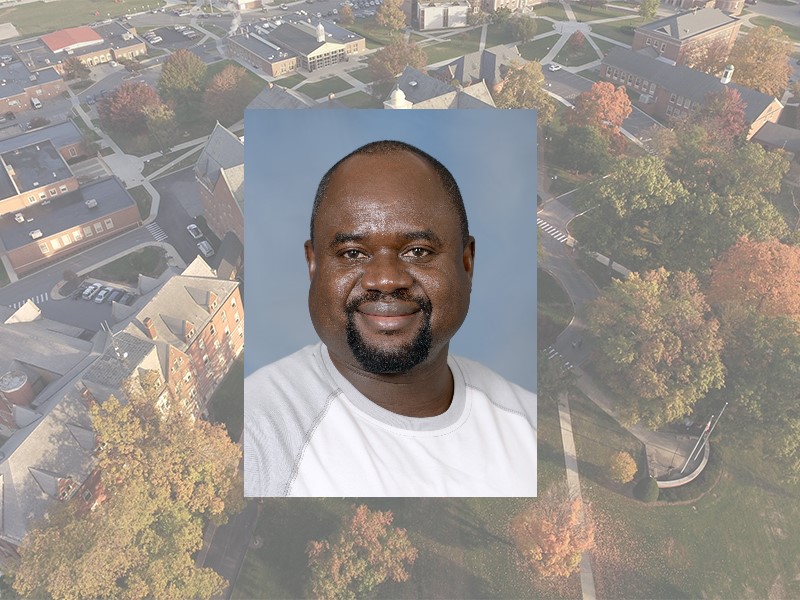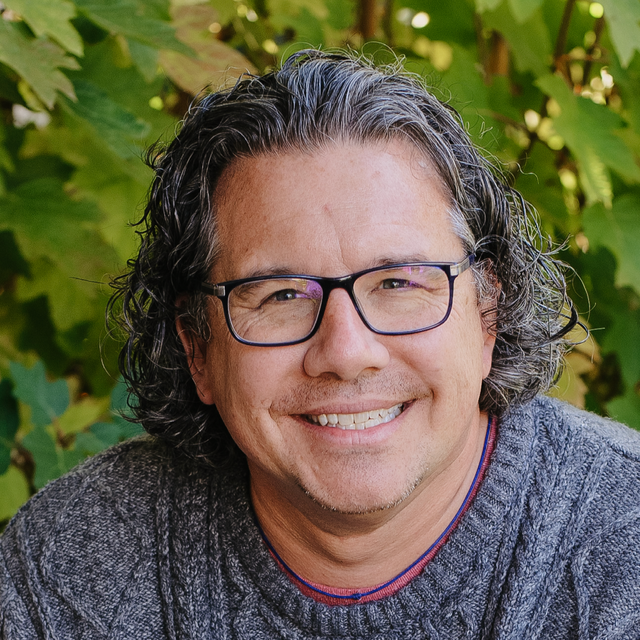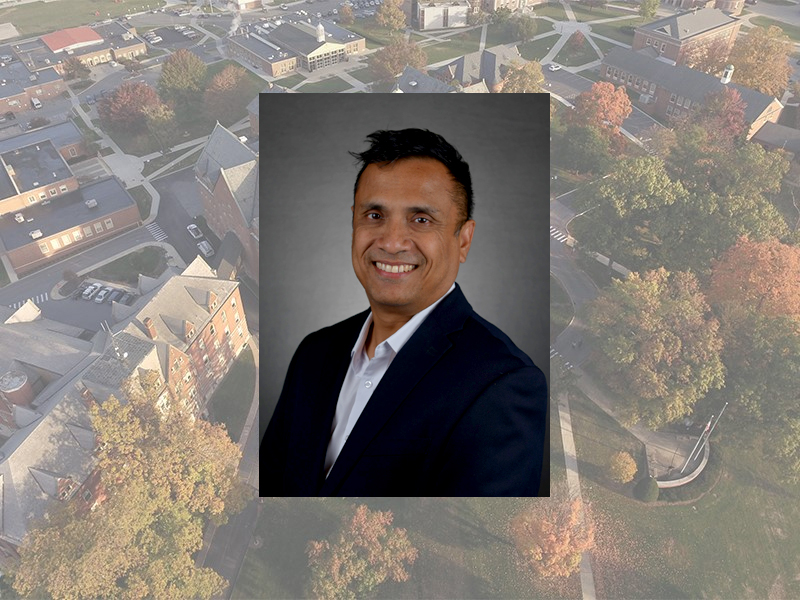Dr. Joseph Zume, professor of geography and earth science, has been awarded a grant from the National Science Foundation International Research Experience for Students (IRES) Program.
In 2018, Zume began research on the impacts of on-site septic systems on the quality of shallow groundwater at coastal location with the University of Cape Coast in Ghana as a Carnegie African Diaspora Fellow. That fellowship pairs African-born scholars with higher education institutions in Africa to collaborate on curriculum co-development, research development and graduate training and mentoring.
With the IRES grant he’ll add some new scholars to his research.
“This IRES grant is a 3-year award that will allow me to recruit 15 high-achieving US students nationally, 5 each year, and take them to Cape Coast, Ghana where they will be involved in transformational learning via high-impact water, sanitation, and hygiene (WASH), and climate change research, with a significant community outreach (citizen science) component,” said Zume.
Zume is honored to be an NSF grant awardee, as the success rate for applicants is less than 10 percent. But he’s more excited about the opportunity it provides students.
Zume will introduce students to unique experiential learning opportunities with critical water quality conditions in a developing country context and hopes to enhance their interdisciplinary, problem-solving and collaboration skills.
“Through their interactions with local researchers and communities, the students will further gain knowledge of the social-cultural underpinnings that complicate water quality challenges in the developing world and how to propose solutions from a global context,” he added.
The project is also rewarding for Zume on a much more personal level.
“As an African, I feel a strong need to give back to the society that birthed me, hence, I’m very passionate about my research there. At the same time, my new country, the US has given me lots of opportunities. Thus, I can best give back to both societies by using some of the practical environmental challenges in Africa as a laboratory for training and enhancing the global research competencies of US students and African students too,” he said.
Zume and students will head to Ghana in the summer of 2024.






